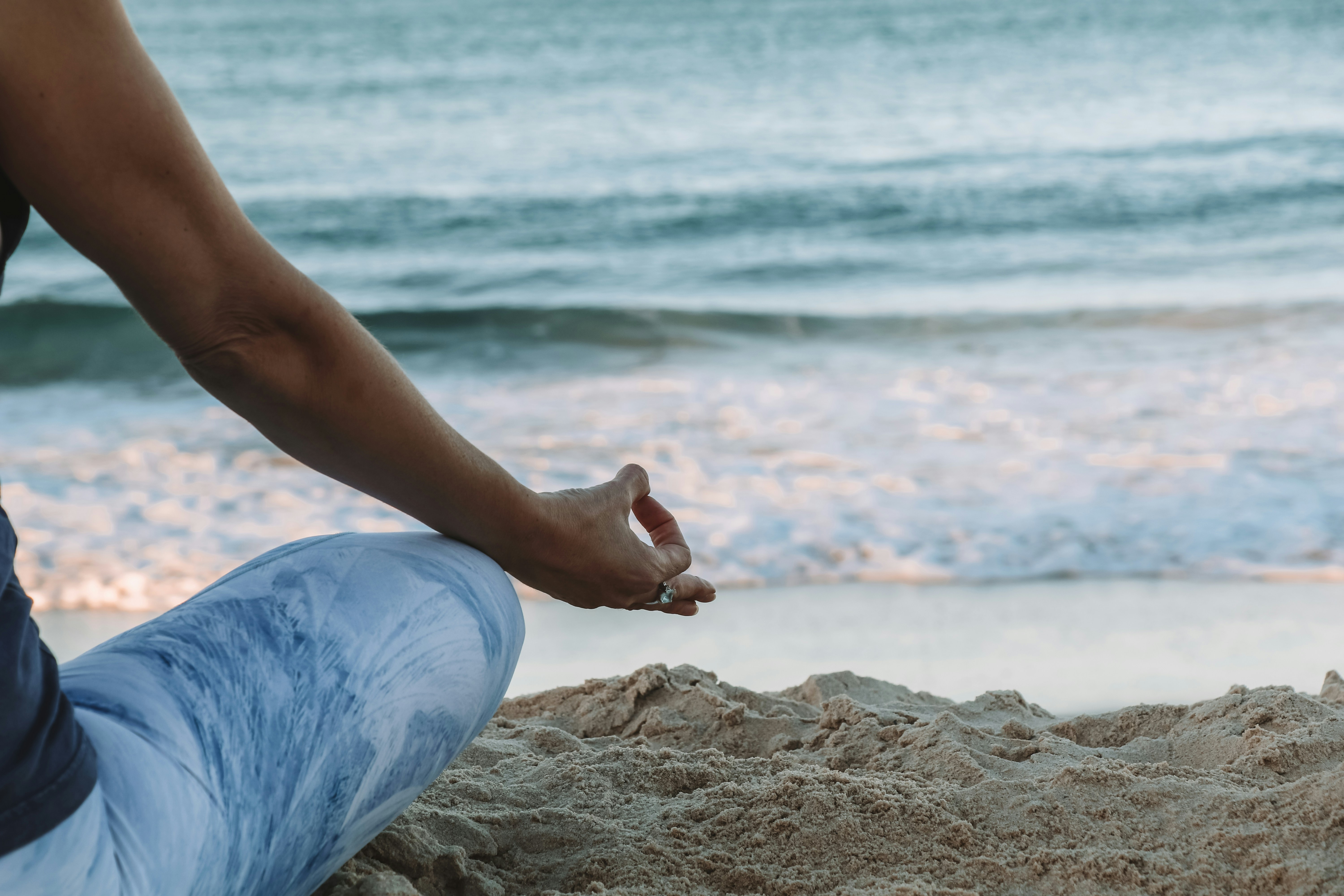Being in recovery can be challenging enough, but when the colder, darker months of the year arrive, life can become more difficult to handle. Seasonal affective disorder (SAD), also known as the “winter blues,” is a form of seasonal depression that affects 5 to 10 percent of the American population each year, often coinciding with the changing seasons. For those in recovery, sobriety, and depression combined pose unique risks that may threaten sobriety.
Understanding the Impact of Seasonal Depression on Sobriety
Seasonal affective disorder in the DSM-5 (Diagnostic and Statistical Manual of Mental Disorders (5th ed.)is listed as a type of depression that typically manifests during the fall and winter months when daylight hours are shorter and natural light exposure decreases. This shift in light exposure can disrupt the body’s internal clock and lead to imbalances in the production of important mood-regulating neurotransmitters like serotonin and melatonin. As a result, individuals with SAD may experience a range of distressing symptoms, including:
- Persistent feelings of sadness, hopelessness, and despair
- Decreased energy and motivation
- Difficulty concentrating
- Changes in appetite and sleep patterns
- Social withdrawal and isolation
- Increased anxiety and irritability
For those who have seasonal depression in addiction recovery, the onset can be particularly challenging, as these symptoms can heighten the risk of relapse and jeopardize sobriety. The combination of depression, anxiety, and the temptation to self-medicate can create a perfect storm, making it crucial for individuals to have a comprehensive plan in place to manage their mental health during the winter months.
Addressing the Unique Risks of Seasonal Depression After Sobriety
A unique set of challenges is present when it comes to navigating seasonal depression and addiction recovery. The emotional turmoil and physical discomfort associated with SAD can serve as powerful triggers, increasing the likelihood of a relapse.
The Temptation to Self-Medicate
One of the most significant risks of seasonal depression after quitting alcohol or drugs is the temptation to self-medicate with drugs or alcohol. Individuals struggling with the “winter blues” may turn to substances to alleviate their symptoms, seeking temporary relief from the overwhelming feelings of sadness, anxiety, and despair. However, this approach can quickly spiral back into a dangerous cycle of substance abuse.
Weakened Resilience and Support Systems
Seasonal depression can also take a toll on a person’s physical and emotional resilience, making it more challenging to maintain the healthy routines and support systems that are so crucial to recovery. Feelings of fatigue, isolation, and depression in early sobriety can make it harder to attend support group meetings, engage in therapy, or reach out to loved ones for help, leaving individuals more vulnerable to relapse.
Increased Risk of Overdose
For those in recovery who do relapse, the risk of overdose is heightened. During periods of seasonal depression, individuals may be more inclined to experiment with more potent substances or increase their frequency of use in a desperate attempt to find relief. This increases the risk of overdose, as the body’s tolerance may have decreased during periods of sobriety, which can make larger amounts of a substance toxic, or even worse – fatal.
Strategies for Managing Seasonal Depression in Sobriety
Many evidence-based strategies exist that individuals in recovery can employ to effectively manage the symptoms of seasonal depression and safeguard their sobriety. By adopting a holistic approach that addresses SAD’s physical and emotional aspects, individuals can navigate the winter months with greater resilience and support.
Embrace Light Therapy
Light therapy is one of the most well-researched and effective interventions for seasonal affective disorder. Seasonal depression light bulbs, also known as light therapy lamps, can help mimic the effects of natural sunlight, triggering the production of serotonin and melatonin in the brain.
Studies have shown that just 30 to 60 minutes of daily exposure to seasonal depression light bulbs can significantly alleviate symptoms of SAD, including
- Depression
- Fatigue
- Lack of motivation
- Feelings of despair
Many people wonder if tanning beds help with seasonal depression. Unfortunately, the answer is no, because it’s not the “right” type of light therapy that will help jumpstart neurotransmitters.
Incorporating daily light therapy can be a powerful tool for managing seasonal depression and sobriety. Ensuring a consistent and adequate dose of light exposure means the body’s natural circadian rhythms and mood-regulating neurotransmitters provide a natural and non-pharmacological alternative to traditional antidepressant medications.
Prioritize Vitamin D Supplementation
Vitamin D deficiency is a common contributing factor to seasonal affective disorder, especially during winter when natural sunlight exposure is reduced. Many individuals may experience a drop in their vitamin D levels, which can further exacerbate feelings of depression and fatigue.
Ensuring adequate vitamin D intake can be an important step in managing seasonal depression in sobriety. While vitamin D supplements are helpful, the body should spend time outdoors, even when it’s cloudy, to get natural vitamin D. Those in recovery can also incorporate vitamin D-rich foods into their diet, such as fatty fish, egg yolks, and fortified dairy products.
Embrace Exercise and Movement
Regular physical activity has long been recognized as a powerful tool for managing depression, and this is true for individuals with seasonal affective disorder as well. Exercise can help boost the production of endorphins and regulate the release of serotonin and dopamine.
For those in recovery, incorporating exercise into their daily routine can be particularly beneficial, as it not only helps to alleviate the symptoms of seasonal depression but also supports the overall physical and mental health necessary for maintaining sobriety. Whether it’s a brisk walk, a yoga session, or a more intensive workout, even moderate activity levels can significantly impact mood and energy levels.
Prioritize Mindfulness and Stress Management
Winter months can be a time of increased stress and anxiety, especially for those with seasonal depression. For those in recovery, the added burden of managing these symptoms can be particularly overwhelming, making it crucial to develop effective stress management strategies.
Some techniques include
- Mindfulness meditation
- Deep breathing exercises
- Progressive muscle relaxation
- Guided imagery
- Aromatherapy
One powerful tool for managing seasonal depression in addiction recovery is the practice of mindfulness meditation. All the above strategies can be valuable in reducing stress and promoting a sense of calm and well-being.
Nurture Social Connections and Community Support
Seasonal depression can often lead to feelings of isolation and withdrawal, as individuals may find it challenging to maintain social connections and engage with their support networks. A strong social support system is a crucial component of maintaining sobriety and managing mental health challenges.
To combat the isolating effects of seasonal depression, those in recovery should make an effort to keep their social connections alive and seek out community support. This may involve actively reaching out to friends and family, attending support group meetings (either in-person or virtually), or participating in community-based activities and events.
Seek Professional Guidance and Intervention
There may be instances where individuals require additional support and professional intervention. For those in sobriety with depression, seeking the guidance of a mental health professional, such as a therapist or psychiatrist, can be a crucial step in addressing SAD.
A mental health professional can help assess the severity of an individual’s symptoms, develop a comprehensive treatment plan, and provide access to evidence-based therapies, such as cognitive behavioral therapy (CBT) or medication management. In cases where the symptoms of seasonal depression are particularly severe or pose a significant risk to an individual’s sobriety, inpatient or intensive outpatient treatment may be recommended to ensure a safe and supportive recovery environment.
By using the strategies listed above and potentially working with a mental health professional, those in recovery can develop a tailored approach to managing their seasonal depression in sobriety, ensuring that their mental health and sobriety remain top priorities during winter.
If you or a loved one is struggling with addiction, Mountainside can help.
Click here or call (888) 833-4676 to speak with one of our addiction treatment experts.

 By
By 







